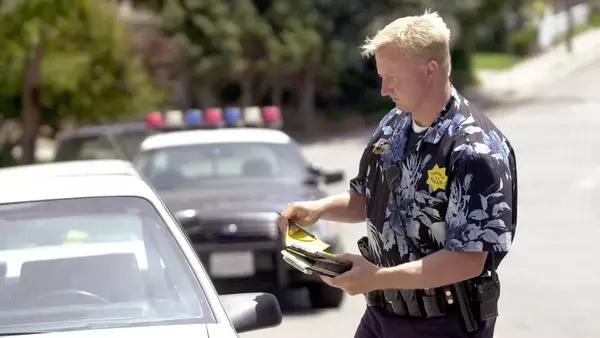
MPs have demanded landlords and letting agents end the practice of screening out people on benefits after hearing claims that “no DSS” clauses have become the 2019 equivalent of “no blacks, no Irish, no dogs” notices.
During a hearing into the widespread refusal of landlords to rent properties to those on benefits, the Commons work and pensions select committee on Wednesday confronted the director of Your Move, a national online lettings agency, with an advert it published in March for a home in Telford, Shropshire, that read: “No DSS. Small dogs considered.”
They also drew admissions from leading lettings agencies Hunters and Your Rent that they still run “no DSS” adverts, despite rising opposition to the practice, which Derek Thomas MP said amounted to a “hostile environment” for tenants on benefits.
Heather Wheeler, the housing minister, said last month she wanted to tackle the practice of “no DSS”, but it remains widespread. One current advert for a three-bedroom house in Cheshire reads: “Small Dogs Considered (higher deposit), NO DSS, NO SMOKERS.”
Another for a property in Cornwall seems to be trying to avoid using the letters DSS and instead says: “No ---. Small dogs considered.”
In 2017-18, 889,000 households in the private sector needed housing benefit to pay their rent and the housing charity Shelter said the “no DSS” practice breached equality law because it disproportionately affects women and people with disabilities. Renters say it means they have less choice, standards are lower and costs higher.
Shelter has about 20 legal cases in progress against landlords and agents who have refused to rent to people on housing benefit. The property website Zoopla has said it will no longer carry “no DSS” listings and mortgage lenders NatWest, Co-operative Bank and Nationwide have said they will not enforce such clauses in loan agreements. Letting agents and landlords claim they often have no choice but to insert the clauses because mortgage and insurance agreements demand it.
Greg Beales, the policy director of Shelter, told the committee that although it believes the practice amounts to indirect discrimination, each case has to be tackled independently through the courts. The committee chairman, Frank Field, said it could recommend new legislation to stop it.
“If we are serious about this we have to get lenders and insurers to stop the discrimination,” he said. “It is clearly dysfunctional and not working for huge swathes of those people on benefits,” said Heidi Allen, a committee member.

“In the 1950s it used to be no blacks, no Irish, no dogs,” said Philippa Lalor, a 36-year-old renter from Croydon who has been repeatedly refused a home. “Now we have ‘no DSS’. It is in the shop window.”
She added: “I have never missed a payment, I keep the house very clean, but to find a landlord that would rent to me is extremely hard. We phoned every letting agent in the borough. We went to every Gumtree site. By the end of this my mental health had deteriorated so badly … It caused that much stress.”
Letting agents told the committee that landlords sometimes have preconceptions about the reliability of tenants on welfare. Mystery shoppers for Shelter posing as landlords and calling up letting agents were told their properties may be “trashed” and people on benefits were often “nightmare tenants” like those shown on TV documentaries, Beales said.
The MP Chris Stephens told Helen Buck, the director of Your Move, that it had run “no DSS”-style adverts for homes in Essex, Yorkshire and Shropshire.
She said: “Those adverts are not acceptable. I will need to go back and make sure those ads are not there.”
Glynis Frew, the chief executive of Hunters, said it was currently running 19 “no DSS” adverts but said this was a small proportion of all of its lettings.
Lynne Mapp, whose daughter rents using housing benefit and is a full-time carer for her 92-year old grandmother, said it had been a “slog” to find any home for her over the last two years. She said the body language of letting agents made it clear “they just want to keep you out”.
“It is so, so wrong,” she said. “My daughter is on her own with three children.”







